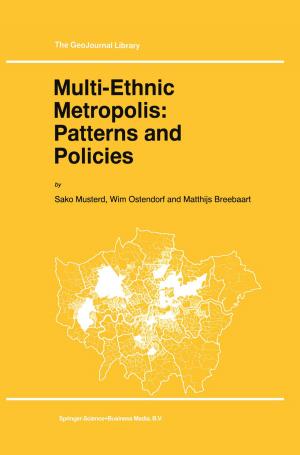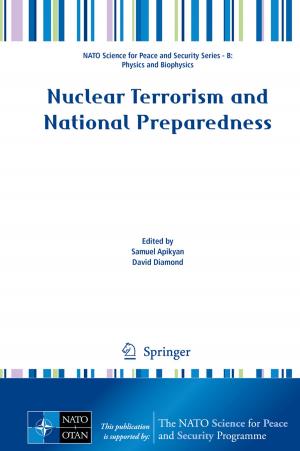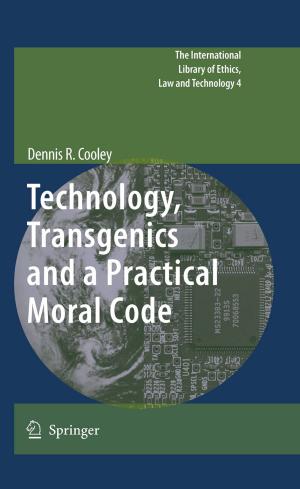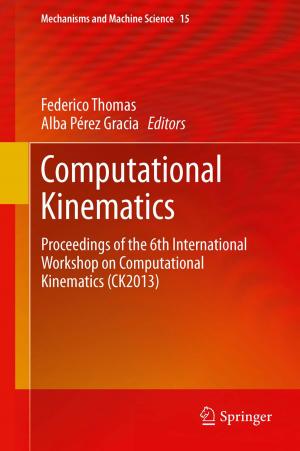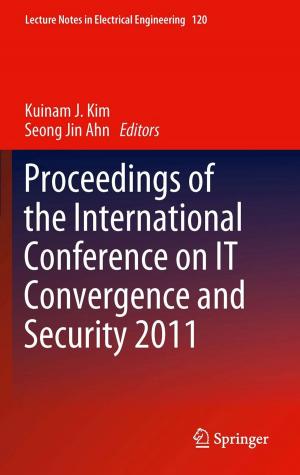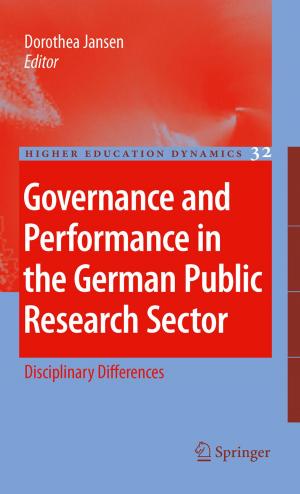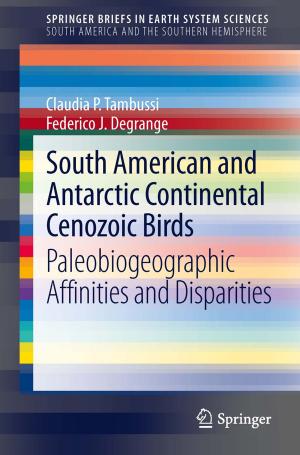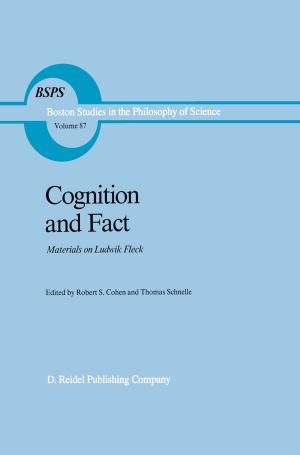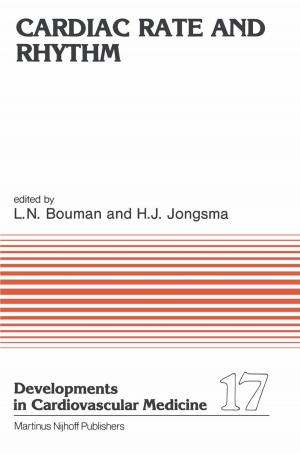Globalisation and National Identity in History Textbooks
The Russian Federation
Nonfiction, Reference & Language, Education & Teaching, History, Educational Theory, Educational Reform| Author: | Joseph Zajda | ISBN: | 9789402409727 |
| Publisher: | Springer Netherlands | Publication: | July 6, 2017 |
| Imprint: | Springer | Language: | English |
| Author: | Joseph Zajda |
| ISBN: | 9789402409727 |
| Publisher: | Springer Netherlands |
| Publication: | July 6, 2017 |
| Imprint: | Springer |
| Language: | English |
Globalisation and National Identity in History Textbooks: The Russian Federation, the 16th book in the 24-volume book series Globalisation, Comparative Education and Policy Research, discusses trends in dominant discourses of identity politics, and nation-building in school history textbooks in the Russian Federation (RF). The book addresses one of the most profound examples of the re-writing of history following a geo-political change. Various book chapters examine debates pertaining to national identity, patriotism, and the nation-building process. The book discusses the way in which a new sense of patriotism and nationalism is documented in prescribed Russian history textbooks, and in the Russian media debate on history textbooks. It explores the ambivalent and problematic relationship between the state, globalisation and the construction of cultural identity in prescribed school history textbooks. By focusing on ideology, identity politics, and nation-building, the book examines history teachers’ responses to the content of history textbooks and how teachers depict key moments in modern Russian history. This book, an essential sourcebook of ideas for researchers, practitioners and policymakers in the fields of globalisation and history education, provides timely information on history teachers’ attitudes towards historical knowledge and historical understanding in prescribed Russian history textbooks.
Globalisation and National Identity in History Textbooks: The Russian Federation, the 16th book in the 24-volume book series Globalisation, Comparative Education and Policy Research, discusses trends in dominant discourses of identity politics, and nation-building in school history textbooks in the Russian Federation (RF). The book addresses one of the most profound examples of the re-writing of history following a geo-political change. Various book chapters examine debates pertaining to national identity, patriotism, and the nation-building process. The book discusses the way in which a new sense of patriotism and nationalism is documented in prescribed Russian history textbooks, and in the Russian media debate on history textbooks. It explores the ambivalent and problematic relationship between the state, globalisation and the construction of cultural identity in prescribed school history textbooks. By focusing on ideology, identity politics, and nation-building, the book examines history teachers’ responses to the content of history textbooks and how teachers depict key moments in modern Russian history. This book, an essential sourcebook of ideas for researchers, practitioners and policymakers in the fields of globalisation and history education, provides timely information on history teachers’ attitudes towards historical knowledge and historical understanding in prescribed Russian history textbooks.


